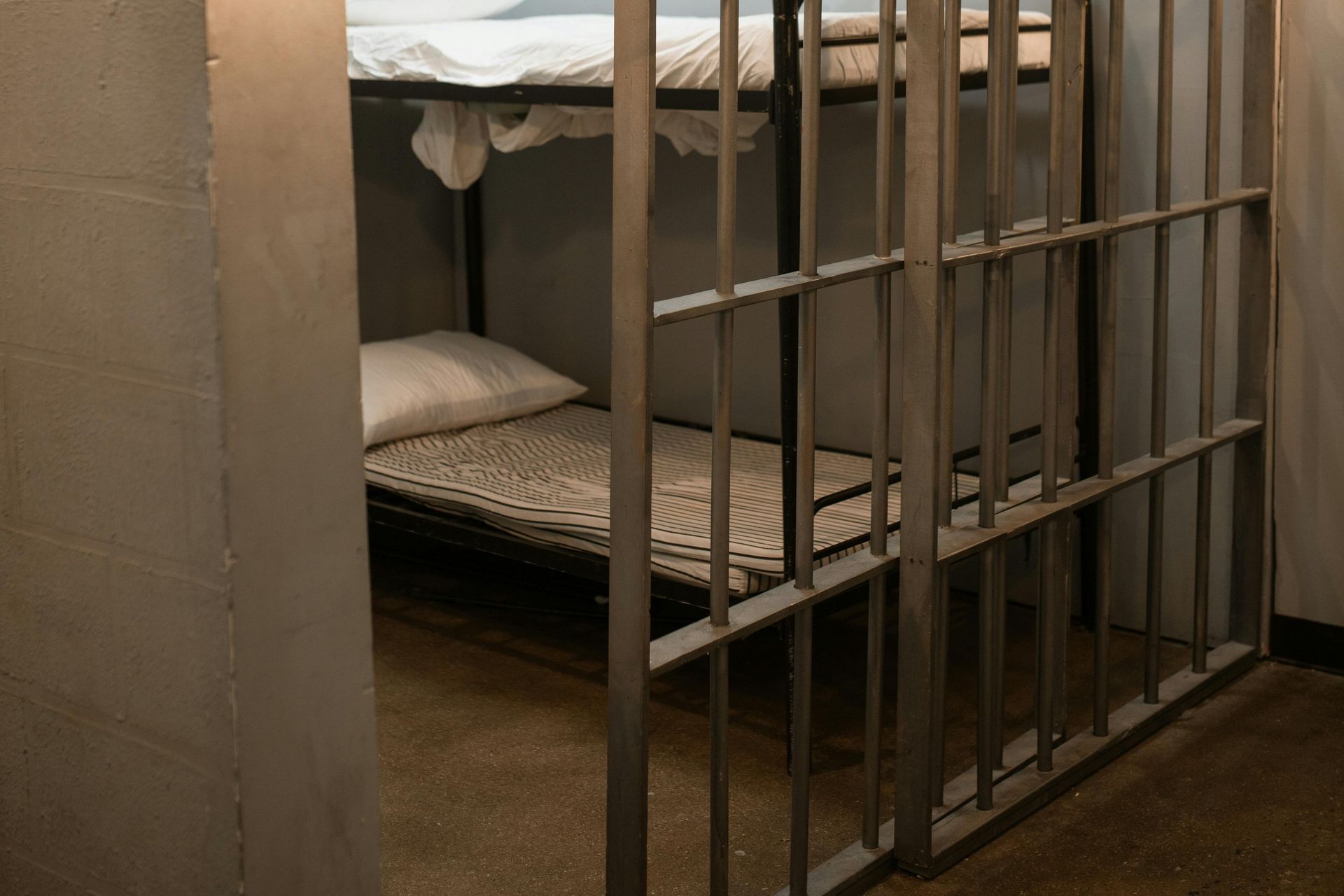Understanding Theft Charges in California
Have you ever found yourself in a situation where you unintentionally walked out of a store with an item that you did not pay for? Or maybe you were tempted to take something from a store without paying for it? You might be surprised to know that shoplifting is a serious crime in California, and can result in significant legal consequences. In addition to shoplifting, there are different types of theft charges that can result in misdemeanors and felonies. Understanding the differences between these charges and how they can impact your life is important. In this blog post, we will discuss different types of theft charges in California and how an attorney can help you.
Is shoplifting a felony or a misdemeanor?
Shoplifting is considered a form of theft, and the charge can result in a misdemeanor or a felony, depending on the value of the stolen item. Shoplifting involves the intentional taking of merchandise from a store without paying for it. The value of the item determines whether the charge is classified as a misdemeanor or a felony. If the value of the stolen item is less than $950, the charge is typically a misdemeanor. However, if the value of the item is greater than $950, it is considered a felony offense in California.
What is theft in the 1st degree?
Theft in the 1st degree is the most serious theft offense in California, and is considered a felony. Theft in the 1st degree involves the theft of property valued at $65,000 or more. A conviction for theft in the 1st degree can result in significant legal consequences, including imprisonment, fines, and restitution to the victim.
What is theft in the 2nd degree?
Theft in the 2nd degree is considered a misdemeanor offense, and involves the theft of property valued at less than $950. While not as serious as a felony conviction, a conviction for theft in the 2nd degree can still result in significant legal consequences, including fines, community service, and imprisonment.
What is theft in the 3rd degree?
Theft in the 3rd degree is the least serious theft offense in California and is considered a misdemeanor. This involves the theft of property valued at less than $50 and is classified as petty theft. While the legal consequences of a conviction for theft in the 3rd degree are not as severe as those for 1st or 2nd degree theft offenses, it is still a criminal offense and can impact your future employment opportunities.
How can an attorney help me?
An experienced attorney can help you understand your legal rights and help you navigate the legal process. An attorney can also help you negotiate with the prosecution and potentially reduce your charges or sentence. In some cases, an attorney may be able to get your charges dismissed altogether.
Understanding different types of theft charges in California is important for anyone who would like to avoid criminal convictions and their implications. Contact an experienced attorney today if you are facing theft charges or have any questions about theft laws in your state. With the help of an experienced attorney, you can navigate the legal system and achieve the best possible outcome. Remember that theft crimes are serious in California, and the consequences of a conviction can have a significant impact on your life. Be informed and take the necessary steps to protect your legal rights.









